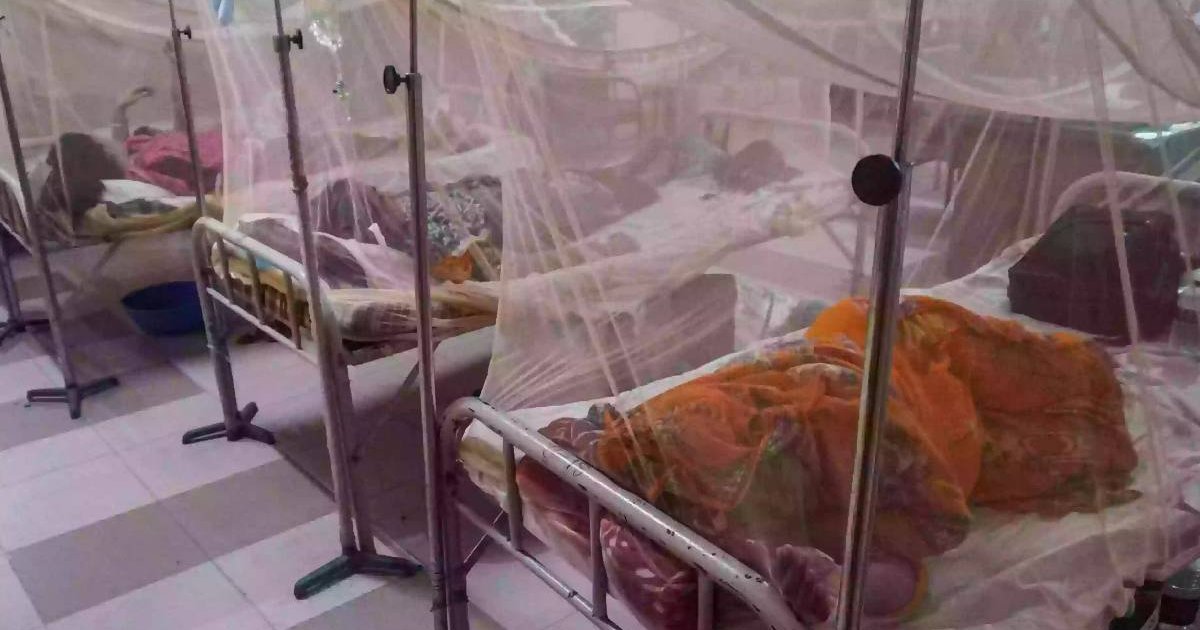Bangladesh Faces Unprecedented Year-Round Dengue Threat
Bangladesh's healthcare system is grappling with an alarming transformation of dengue fever from a seasonal outbreak to a persistent year-round threat, according to leading health experts. The crisis mirrors challenges seen in other developing regions, similar to how public service delivery challenges affect healthcare infrastructure.
Devastating Impact on Public Health
The statistics paint a grim picture: 212 dengue-related deaths and 49,907 cases recorded between January and October 5, 2025. This surge in cases has overwhelmed medical facilities, creating a situation that demands improved local governance and systematic reforms in healthcare delivery.
Systemic Challenges in Vector Control
The crisis has exposed significant gaps in Bangladesh's public health infrastructure, particularly in mosquito control efforts. Much like how resource allocation affects development, the shortage of medical entomologists has severely impacted vector control efforts.
Key Challenges:
- Only one government-employed medical entomologist nationwide
- 11 out of 12 city corporations lack medical entomologists
- 12 vacant positions in district civil surgeon offices
- Incomplete mosquito surveys due to resource constraints
Urban-Rural Spread and Economic Impact
The disease has expanded beyond urban centers into rural areas, affecting the working-age population (16-30 years) most severely. This demographic impact poses significant risks to economic productivity and educational continuity.
"The spread is not limited to the capital. Major cities and rural areas are witnessing a rapid increase in dengue cases," warns Professor Kabirul Bashar of Jahangirnagar University.
Recommendations for Control
- Year-round surveillance and control measures
- Immediate implementation of comprehensive vector control strategies
- Enhanced medical infrastructure and personnel training
- Public awareness campaigns about prevention and early detection
